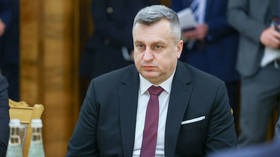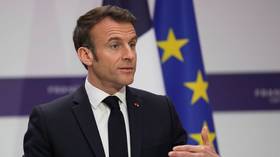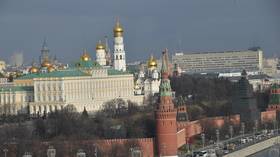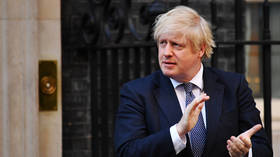Russian energy revenues reach pre-Ukraine conflict level – deputy PM

Proceeds from Russia’s oil and gas exports contributed about $100 billion (nine trillion rubles) to the state budget this year, close to revenue levels recorded in 2021, before the Ukraine conflict, Deputy Prime Minister Alexander Novak has revealed.
The senior government official told Rossiya 24 TV on Wednesday that more than half of Russia’s total export revenues came from the energy sector, emphasizing that sales of oil and gas ensured stable income to the country’s budget.
Russia’s energy sector contributed “about 27% to gross domestic product (GDP),” according to Novak, who specified that proceeds from oil and gas accounted for “nearly 57% of the total export revenue of our entire country.”
He also said that half of Russia’s energy exports this year have gone to China, while India’s share had risen to 40% in two years. Meanwhile, Europe’s share in Russia’s crude exports has fallen 90% over the past two years, from 40-45% in 2021 to about 4-5% this year, Novak added.
Russian energy companies were forced to redirect supplies to Asia after exports to EU dwindled amid Ukraine-related sanctions and the sabotage of the Nord Stream natural gas pipelines.
The G7 and EU countries last year introduced a cap on the price of Russian seaborne oil. The punitive measure bans Western companies from providing insurance and other services to shipments of Russian crude unless the cargo is purchased at or below the $60-per-barrel price cap. Similar restrictions were introduced in February for exports of Russian petroleum products. The measures were intended to substantially reduce Moscow’s profits from energy.
Asserting that the price caps are illegal, Russia opted to halt energy supplies to the nations that joined the measure.
For more stories on economy & finance visit RT's business section













